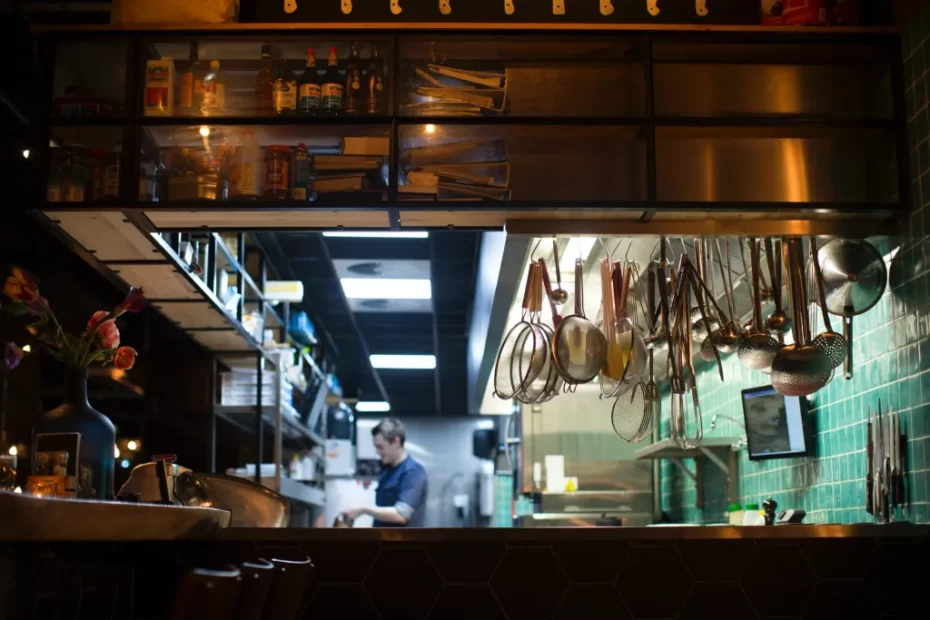We will analyze the cloud kitchen industry in India using Porter’s 5 forces model.
By the end of 2023 and 2024, the domestic cloud kitchens market is projected to increase from US$ 400 million in 2019 to reach US$ 1.05 billion by the end of 2023 and US$ 2 billion by 2024.India Brand Equity Foundation
- Threat of new entrants: The threat of new entrants for a cloud kitchen business in India is moderate. While the start-up costs for a cloud kitchen are relatively low, there are several regulatory and compliance issues that must be navigated in order to operate in India. Additionally, the market is becoming increasingly crowded with both domestic and international players, making it more difficult for new entrants to gain a foothold.
- Threat of substitutes: The threat of substitutes for a cloud kitchen business in India is low. While there are other options for food delivery and takeout, such as traditional restaurants and food delivery apps, the convenience and cost-effectiveness of a cloud kitchen make it a unique and compelling offering.
- Bargaining power of buyers: The bargaining power of buyers for a cloud kitchen business in India is moderate. While there are many options for food delivery and takeout, the convenience and cost-effectiveness of a cloud kitchen can make it a preferred choice for some buyers. However, there are also many other options available, which can give buyers some bargaining power.
- Bargaining power of suppliers: The bargaining power of suppliers for a cloud kitchen business in India is low. As a cloud kitchen does not have a physical storefront, it does not require as much in the way of supplies and equipment as a traditional restaurant. Additionally, the large number of suppliers in the market allows a cloud kitchen to negotiate favorable terms.
- Competitive rivalry: The level of competitive rivalry in the market for a cloud kitchen business in India is high. With the growing popularity of food delivery and takeout, there are many players in the market vying for a share of the market. Additionally, the low barriers to entry and the abundance of suppliers make it relatively easy for new entrants to enter the market, further increasing competition.
Overall, the business case for a cloud kitchen in India is positive, with moderate threats of new entrants and substitutes, low bargaining power of suppliers, and moderate bargaining power of buyers. However, the high level of competitive rivalry in the market means that the business will need to work hard to differentiate itself and stand out from the competition in order to be successful.
